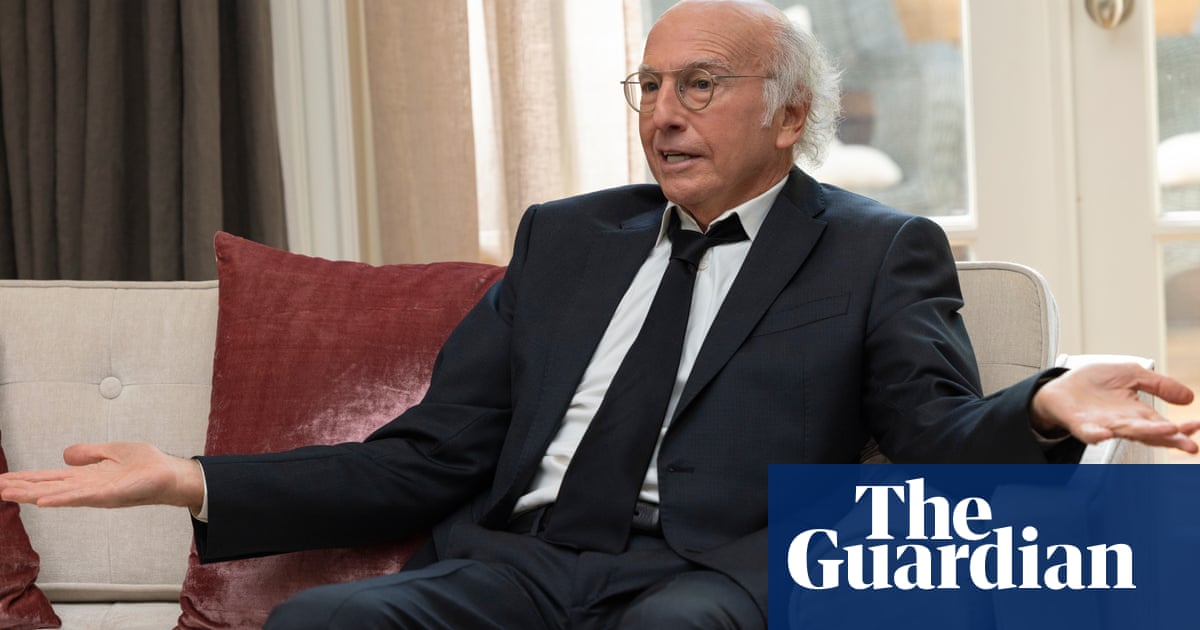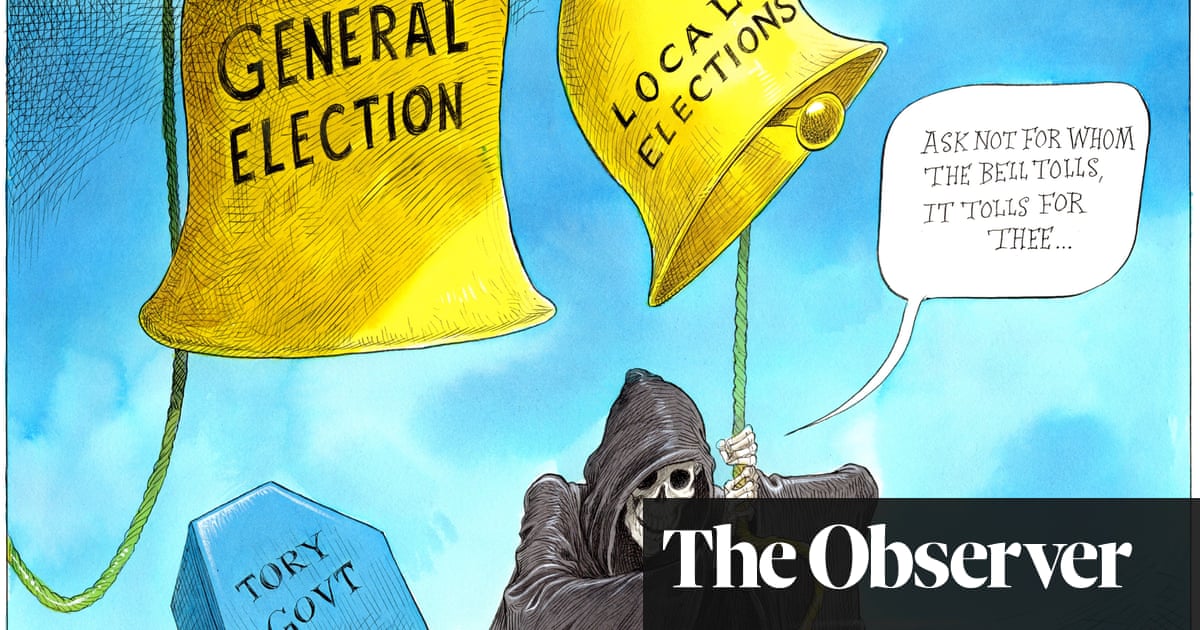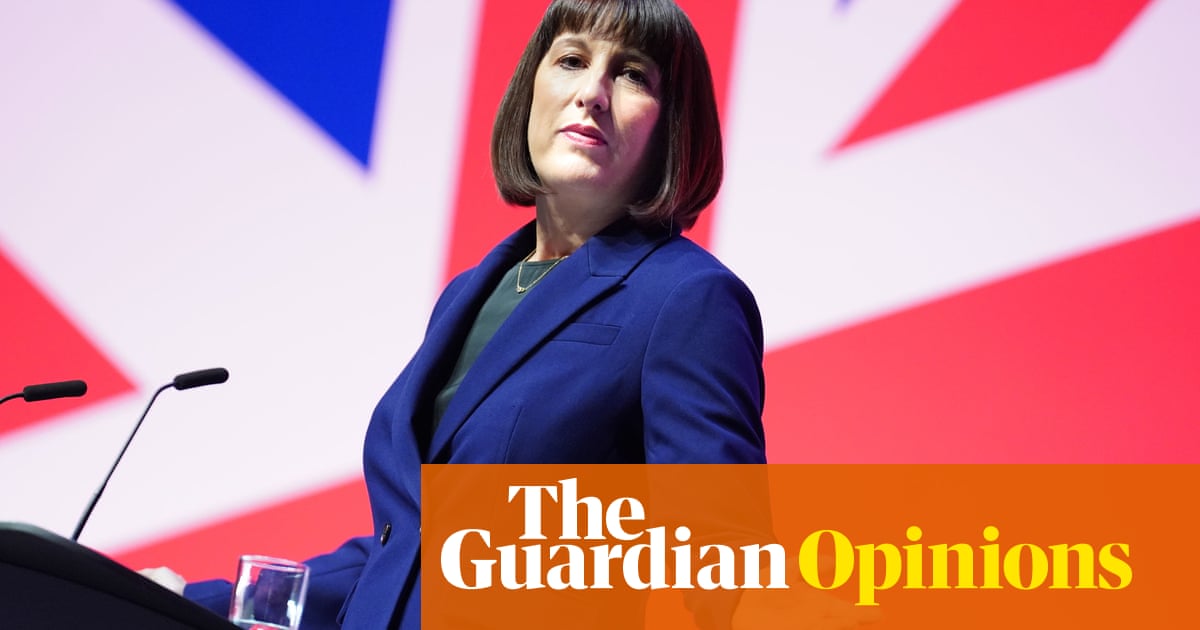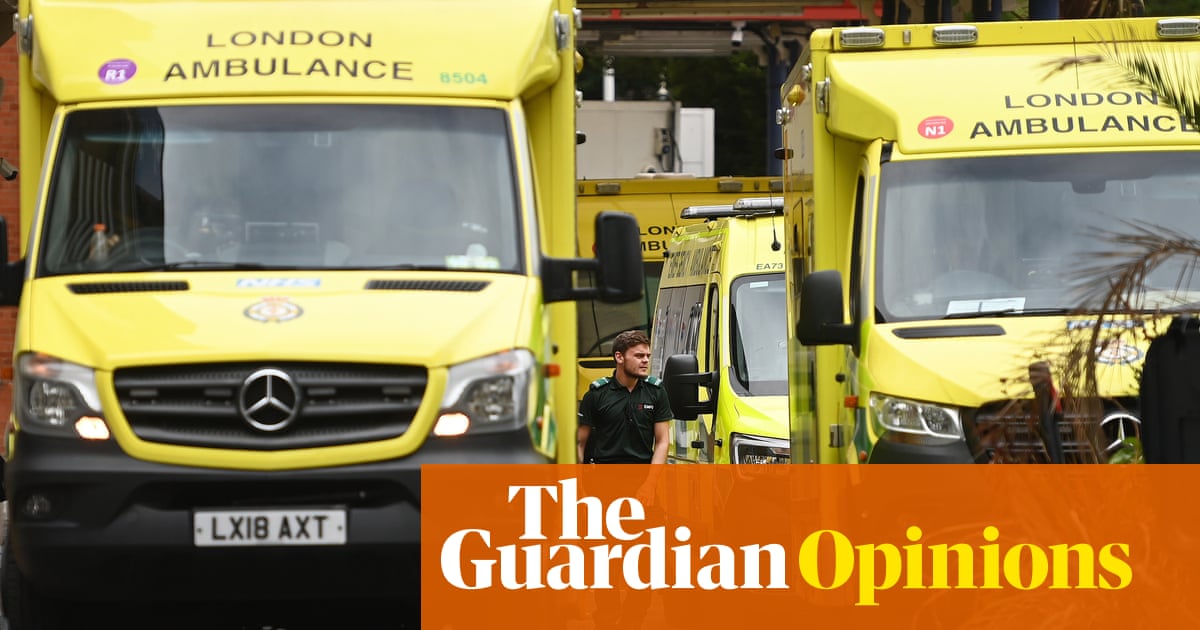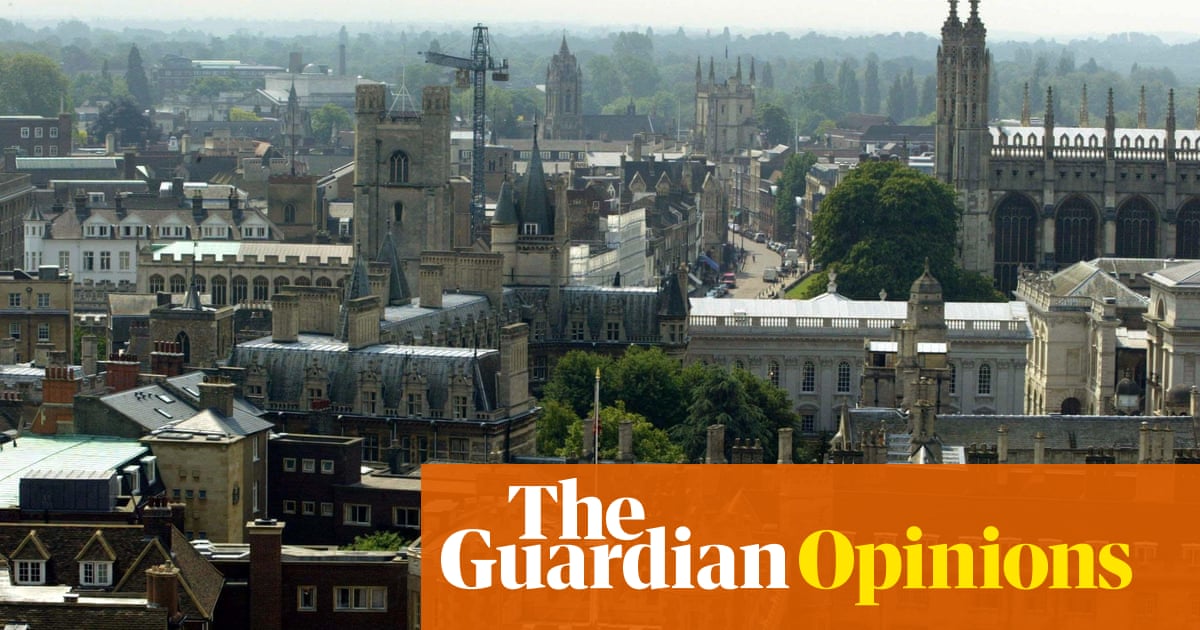
There are times in politics when a party just has to go for broke. But those times are not necessarily when it is winning.
It’s when the game is finally up, and defeat looks virtually guaranteed, that for some politicians there can be a weird feeling of liberation. The choice is now between hanging around waiting miserably for the inevitable, or grasping a few nettles on the way out – by which I mean tackling the things previously shoved into a box marked “too difficult”.
The one cabinet minister in an otherwise paralysed-looking Conservative government who appears to show even a glimmer of this end-of-life spirit is Michael Gove. The secretary of state for levelling up, housing and communities is reportedly mulling plans to build a quarter of a million houses by 2040 in and around Cambridge – a small but beautiful city that’s one of the most expensive places to live in Britain – under proposals to turn the area’s science and tech cluster into the British equivalent of Silicon Valley. (If I had a pound for every time somewhere in Britain was going to be the new Silicon Valley, I’d be writing this from a Malibu beach house, but that’s another story.)
And while the idea of making a prosperous city in the south-east even more prosperous is admittedly not exactly how levelling up the economy was pitched, new housing and regeneration schemes are supposedly also in the pipeline for the likes of Sheffield, Blackpool and Wolverhampton – identified as locations that could be much more economically successful than they are.
The so-called Cambridge 2040 plan is tactfully described as being at “concept” stage – code for “may never happen”. The city council certainly says it has not yet been consulted and perhaps the whole thing will simply be strangled at birth or else drastically watered down, given the likely resistance in Tory-voting rural Cambridgeshire to new housing on an explosive scale. (The South Cambridgeshire MP, Anthony Browne, has already declared that “needless to say, I will be fighting it”.)
But the blueprint would still be there to pick up and tweak if an incoming Labour government felt like taking the heat for it, on the grounds that if all parties say they want to build more houses then they have to mean it and they also have to build where people want or need to live. The alternative may be somewhere like Cambridge becoming Britain’s equivalent of the San Francisco Bay area in the worst of all possible ways: somewhere tech money has driven house prices way beyond ordinary mortals’ reach, with dystopian consequences.
This particular plan is obviously not perfect. Gove is said to favour building on brownfield rather than virgin greenfield land, which is less politically toxic but also makes it harder to build properly affordable housing (cleaning up whatever was on the site before adds to the cost for developers, shrinking their margins). Though in private he’s said to be broadly enthusiastic about building more social housing, we have heard little about that in public.
But while Rishi Sunak dumped plans for centrally imposed local housing targets last year, fearful of a backlash in the shires, the housing minister, Rachel Maclean, has been adamant that doesn’t mean the overall target to build more homes is dead. If nothing else, this looks like the beginnings of a strategy for resuscitating it from Gove, one of the more activist housing secretaries this government has yet produced – and the only one who sounds as if he may have a vaguely coherent plan for tying all that together with economic growth outside London. How infuriating, then, that it’s all emerging only at five minutes to midnight after three-and-a-half wasted years, and that it could be a decade before all this starts to bear fruit.
A cynic may wonder whether this is just a last-ditch attempt to buy millennial votes or even to reposition Gove in advance of what is likely to be an angry post-election debate within his party about why the Tories didn’t do more for priced-out younger voters. (Though given the enthusiasm with which the Lib Dems are now targeting Gove’s Surrey seat, he can’t count on being around to take part in that one.)
But it remains just possible that the ever pragmatic Gove has woken up and smelled the coffee. The country may still not be entirely sure about Labour, which is why Keir Starmer is tiptoeing so cautiously towards the election. But it seemingly knows exactly what it thinks about the Tories and there’s an odd kind of freedom to be found for this government in accepting that if the end is probably nigh anyway, it might as well do whatever it can with the time it has got left.
History may not look kindly on this era of Conservatism, to put it mildly. But the ministers most likely to escape with some dignity aren’t those who panic and pander to the worst instincts of their base now; they’re the ones who choose to do something constructive with this final year, rather than leaving scorched earth for their successors. All parties know, deep down, what needs to be done on housing but have been frightened of making themselves unpopular. Having well and truly ticked that box, all that’s left for the Tories is to feel the fear and do it anyway.
Gaby Hinsliff is a Guardian columnist






